Rabbi Levi Yitzhak of Berdichev had the biggest sukkah in the city. It had to be big. After all, it had to have room for his family, all his students, and plenty of other guests besides. Every year on the first night of Sukkot, Rabbi Levi Yitzhak invited all the strangers in the synagogue to come to his sukkah for dinner. Most of the visitors were very excited by this. After all, it was an honor to be invited to the sukkah of such a great rabbi as Rabbi Levi Yitzhak of Berdichev.
But one year there was a stranger in the town, who turned out to be a very rude guest. While everyone sat quietly around the table, waiting for the rabbi to make Kiddush, the stranger poured himself some wine and started picking at the salads. And when people suggested that he should wait, all he said was, “What’s taking so long.” Pretty soon, everyone was annoyed – everyone, that is except the rabbi. Finally, the rabbi’s wife decided to ask her husband how was able to tolerate such a difficult guest.
Rabbi Levi Yitzhak smiled and said: “In just a few minutes we will be welcoming the first of the Ushpizin, Avraham (Avraham Our Forefather) to our sukkah. I wonder how such an exalted guest can stand to be with people like us. But Avraham comes back again. If Avraham can put up with people like us, I’m sure we can make this special guest feel welcome.”
Who are the Ushpizin?
It states in the Zohar: “When the People of Israel leave their homes and enter the sukkah for the sake of Hashem’s Name, they merit to welcome the Divine presence there, and all the seven shepherds descend from Gan Eden and come to the sukkah as their guests.”
Who are these seven exalted guests [Ushpizin]? They are Avraham, Yitzchak (Isaac), Yaakov (Jacob), Yosef (Joseph), Moshe (Moses), Aharon (Aaron), and David. (Some texts place Moses and Aaron before Joseph.) These seven guests dwell with the Jews in their sukkot for all seven days of the Festival, and on each day, another one of them leads the other six into the sukkah.
- On the first day, Avraham Avinu (our father) leads, accompanied by Yitzchak, Yaakov, Moshe, Aharon, Yosef, and David.
- On the second day, Yitzchak Avinu (our father) leads, accompanied by Avraham, Yaakov, Moshe, Aharon, Yosef, and David.
- On the third day, Yaakov Avinu (our father) leads, accompanied by Avraham, Yitzchak, Moshe, Aharon, Yosef, and David.
- On the fourth day, Moshe Rabbeinu (our master) leads, accompanied by Avraham, Yitzchak, Yaakov, Aharon, Yosef, and David.
- On the fifth day, Aharon HaKohen (the High Priest) leads, accompanied by Avraham, Yitzchak, Yaakov, Moshe, Yosef, and David.
- On the sixth day, Yosef HaTzaddik (the righteous one) leads, accompanied by Avraham, Yitzchak, Yaakov, Moshe, Aharon, and David.
- On the seventh day, Hoshana Rabbah, King David leads, accompanied by Avraham, Yitzchak, Yaakov, Moshe, Aharon, and Yosef.
Upon entering the sukkah, it is customary to invite the Ushpizin to enter by reciting the traditional Aramaic formula contained in the prayer book.
Among the Sephardim, it is customary to prepare an ornate chair in the sukkah, which is covered with a fine cloth and upon which holy books are placed. The host then declares: “This is the chair of the Ushpizin.” A candle is also lit in honor of the Ushpizin.
Rabbi Pinchas of Koretz was a spiritual giant in his generation. At first, his greatness was mostly unknown to his contemporaries, but he had no regrets; indeed, it suited him just fine. He spent his days and most of his nights in Torah-study, prayer and meditation. Rarely was he interrupted.
But then, the word began to spread, perhaps from fellow disciples of the Baal Shem Tov, that Rabbi Pinchas was very, very special. People began to visit him on a regular basis, seeking his guidance, requesting his support, asking for his prayers, and beseeching his blessing. The more he helped them, the more that came. The trickle to his door became a stream, and the stream became a night-and-day daily flood of increased knocks at his door and outpourings of personal stories and requests for help.
Rabbi Pinchas was bewildered. He felt he was no longer serving God properly, because he no longer had sufficient time to study, pray, and meditate as he should. He didn’t know what to do. He needed more privacy and less distraction, but how could he turn away dozens and even hundreds of people who genuinely felt that he could help them. How could he convince them to seek elsewhere, to others more willing and qualified than he?
Then he had an idea. He would pray for heavenly help in the matter. Let God arrange it that people not be attracted to seek him out! Let God make him be despicable in the eyes of his fellows!
“A tzaddik decrees and Heaven agrees,” they say. Rabbi Pinchas prayed and so it became. No longer did people visit him. Not only that, on those occasions when he went to town, he was met with averted heads and a chilly atmosphere.
Rabbi Pinchas didn’t mind at all. Indeed, he was delighted; now he had all the time he could desire for study, prayer, and meditation. The old pattern was restored – rarely was he interrupted. No one was coming to him to seek his guidance, request his prayers, or beseech his blessing.
Then the Days of Awe – Rosh Hashanah and Yom Kippur – passed, and there remained only four brief busy days to prepare for the Sukkot festival. Usually, or rather, every year until now, there had always been some yeshiva students or local townspeople who were only too glad to help the pious rabbi construct his sukkah (hut). But this time, not a single soul arrived. No one liked him, so no one even thought to help him.
Not being handy in these matters, the rabbi didn’t know what to do. Finally, having no choice, he was forced to hire a non-Jew to build his sukkah for him. But the gentile did not possess the tools that were needed, and Rabbi Pinchas could not get a single Jew in the neighborhood to lend him tools because they disliked him so much. In the end, his wife had to go to borrow them, and even that was difficult to accomplish due to the prevailing attitude towards her husband. With just a few hours remaining till the onset of the festival, they finally managed to complete a flimsy minimal structure.
As the sun slid between the forest branches and the Rebbetzin lit the festive candles, Rabbi Pinchas hurried off to shul. He always made a point to attend the congregational prayers on the holidays; besides he didn’t want to miss the opportunity to acquire a guest for the festival meal, something so integral to the essence of the holiday.
In those days in Europe, people desiring an invitation to a meal would stand in the back of the shul upon the completion of the prayers. The householders would then invite them upon their way out, happy to so easily accomplish the mitzvah of hospitality. Rabbi Pinchas, unfortunately, did not find it so simple. Even those people who did not have a place to eat and were desperate for an invitation to a sukkah in order to enjoy the festive meal, turned him down without a second thought. Eventually, everyone who needed a place and everyone who wanted a guest were satisfied, except for the tzaddik, Rabbi Pinchas.
Rabbi trudged home alone, saddened and a bit shaken up at the realization that he might never have another guest, not even for the special festive meal of the First Night of Sukkot. Alas, that too was part of the price of his freedom.
Pausing just inside the entrance to his sukkah, he began to chant the traditional invitation to the Ushpizin, the “seven heavenly guests” who visit every Jewish sukkah. Although not many are privileged to actually see these exalted visitors, Rabbi Pinchas was definitely one of the select few who had this exalted experience on an annual basis. This year, he raised his eyes, and saw the Patriarch Avraham, the first of the Ushpizin and therefore the honored guest for the First Night, standing outside the door of the sukkah, maintaining a distance.
Rabbi Pinchas cried out to him in anguish: “Avraham Avinu! Why do you not enter my sukkah? What is my sin?”
Replied the patriarch: “I am the embodiment chessed, serving God through deeds of loving-kindness. Hospitality was my specialty. I will not join a festival table where there are no guests.”
The crestfallen Rabbi Pinchas quickly re-ordered his priorities. He prayed that everything be restored to as it had been, and that he should find favor in the eyes of his fellow Jews exactly as before. Again his prayer was answered. Within a short time, throngs of people were again finding their way to his door; seeking his guidance, asking his support, requesting his prayers, and beseeching his blessing. No longer could he devote all or even most of his time to his Torah-study, his prayer, and to his meditation. But thanks to his holy Sukkot guest, this was no longer seen as a problem.





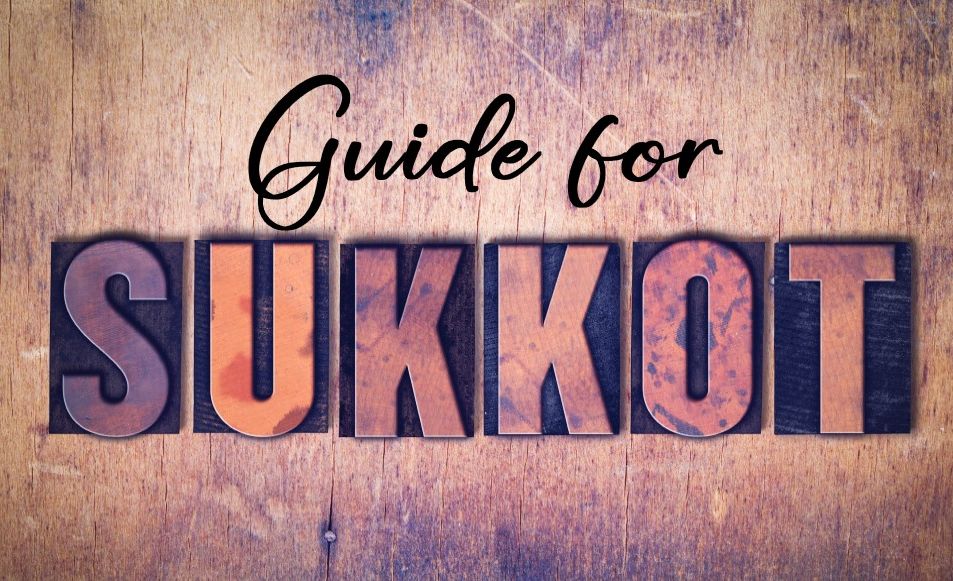
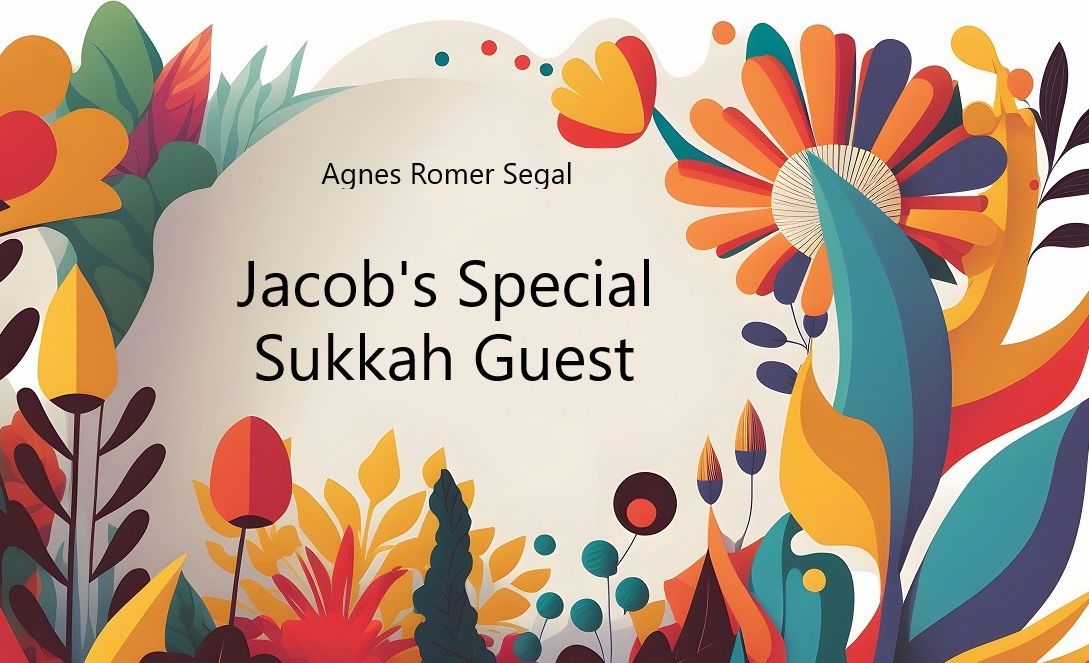
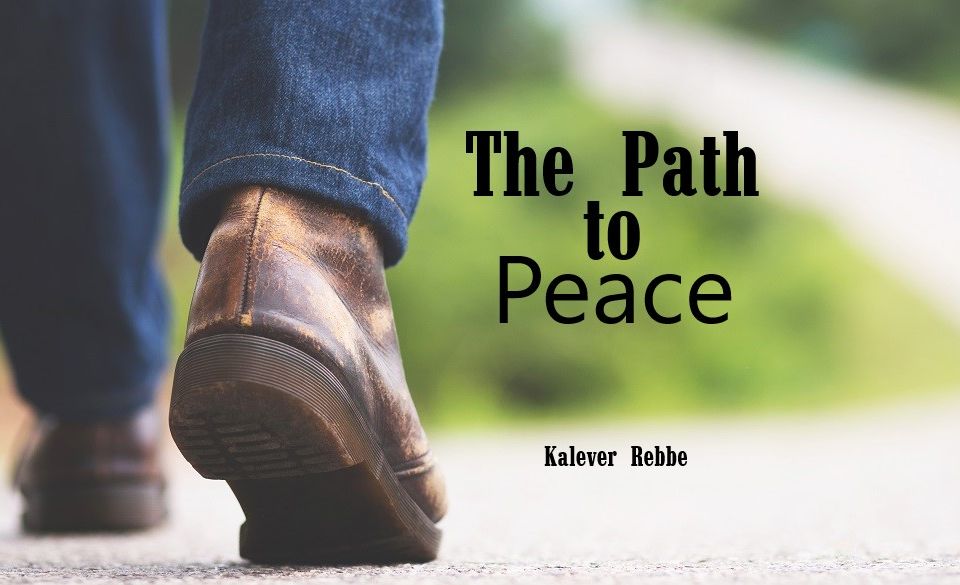

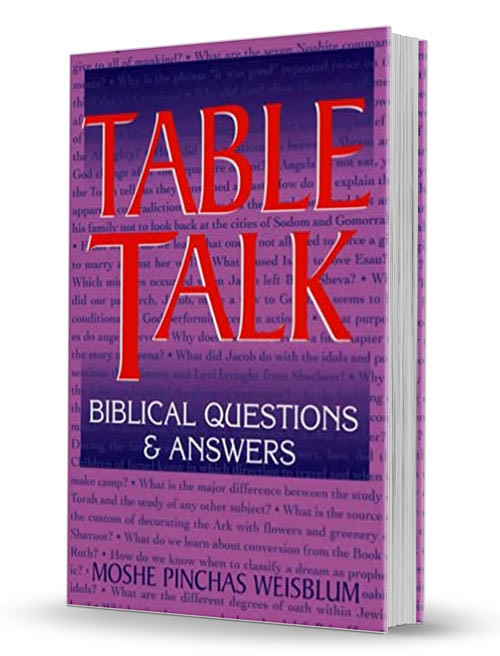
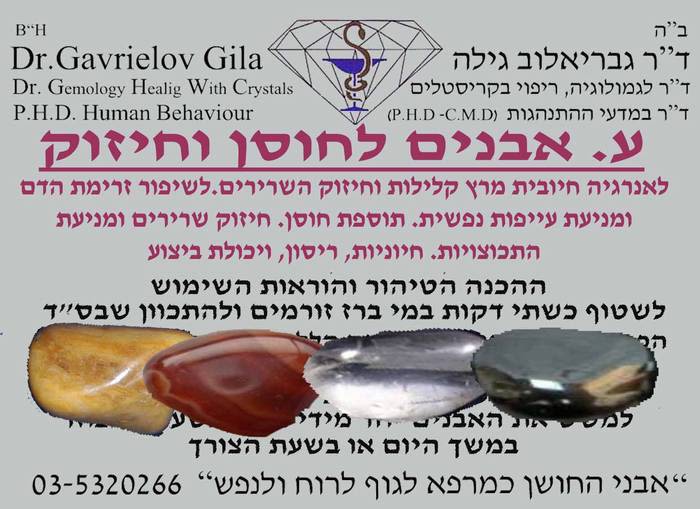
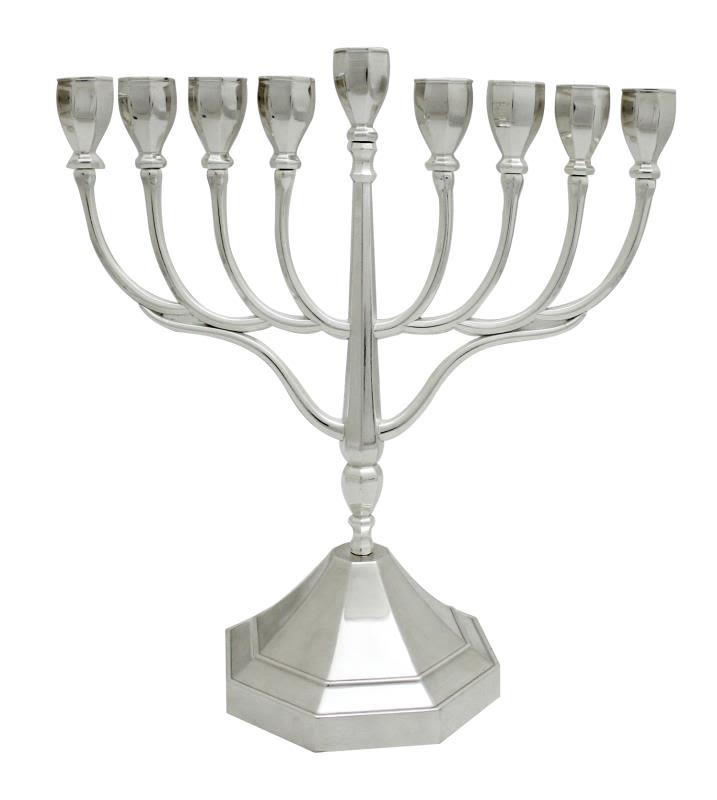

Tell us what you think!
Thank you for your comment!
It will be published after approval by the Editor.